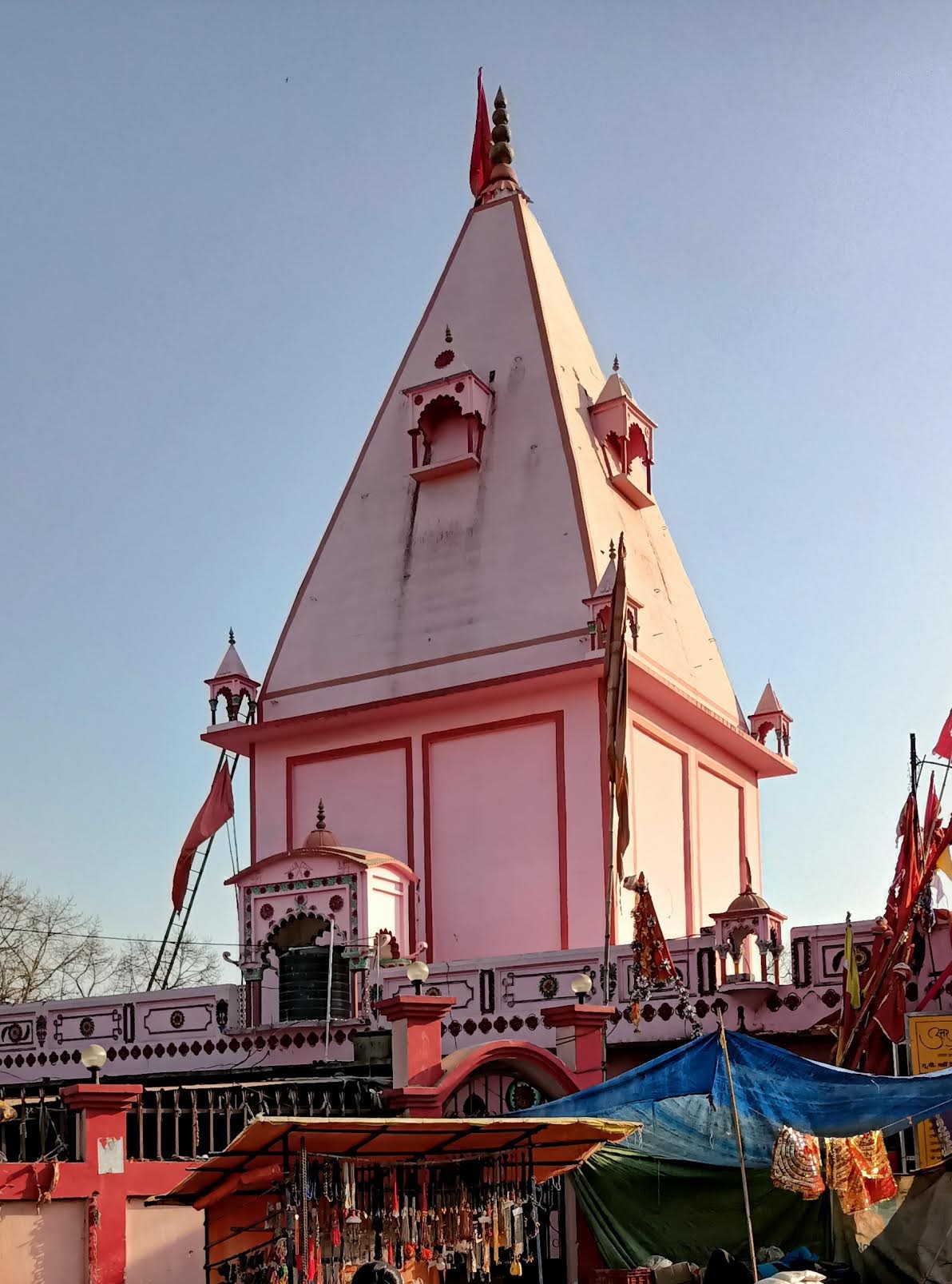Significance of Alopi Devi Mandir in Hindu Mythology

Alopi Devi Mandir, located in Prayagraj (formerly Allahabad), holds profound significance in Hindu mythology as a sacred pilgrimage site dedicated to Goddess Alopi. This revered temple attracts devotees from far and wide who seek blessings, solace, and spiritual enlightenment. Here, we delve into the historical roots, mythological significance, and enduring cultural legacy of Alopi Devi Mandir in Prayagraj.
Historical Background
Alopi Devi Mandir has a rich history steeped in mythological lore and spiritual devotion. According to legend, the temple's origins trace back to ancient times when Goddess Alopi manifested herself to bless her devotees and fulfill their wishes. Over the centuries, the temple has evolved into a revered pilgrimage destination, revered for its sanctity and divine presence.
Goddess Alopi: Symbolism and Attributes
Goddess Alopi, also known as Alopi Mata, is revered as a form of Shakti, the divine feminine energy in Hinduism. She embodies attributes of motherly love, compassion, and protection. Devotees worship Goddess Alopi seeking her blessings for prosperity, health, and spiritual well-being. The temple's sanctum houses a sacred idol of Goddess Alopi adorned with flowers, vermillion, and offerings made by devotees in reverence.
Mythological Tales and Legends
Several mythological tales are associated with Alopi Devi Mandir, highlighting Goddess Alopi's benevolence and miraculous interventions. Legend has it that Goddess Alopi appeared in response to the prayers of a devout sage, granting him divine visions and guidance to overcome challenges. Devotees believe that visiting the temple and offering prayers invokes the goddess's divine grace, dispelling troubles and granting fulfillment of desires.
Architectural Splendor
Architecturally, Alopi Devi Mandir reflects traditional Hindu temple architecture, characterized by its ornate spires, intricate carvings of deities, and sacred sanctum. The temple's facade is adorned with symbolic motifs and sculptures depicting scenes from Hindu mythology, creating a spiritually enriching ambiance for devotees. The layout of the temple grounds includes prayer halls, courtyards, and gardens that enhance the devotional experience.
Religious Practices and Rituals
Daily rituals and ceremonies form an integral part of worship at Alopi Devi Mandir. Devotees participate in aarti (ritual of light), chanting of hymns, and offerings of prasad (sacred food) to Goddess Alopi. Special pujas are conducted on auspicious occasions such as Navratri and Diwali, attracting large congregations of pilgrims who seek blessings and divine intervention in their lives.
Cultural Festivals and Celebrations
Alopi Devi Mandir celebrates various cultural festivals that resonate with Hindu religious traditions. Navratri, dedicated to the worship of Goddess Durga and her nine forms, is observed with fervor and devotion. During this festival, the temple resonates with the sounds of bhajans (devotional songs) and religious discourses, creating an atmosphere of joyous celebration and spiritual introspection.
Spiritual Significance for Devotees
For devotees, Alopi Devi Mandir holds profound spiritual significance as a sacred place imbued with divine energy and blessings. Many believe that visiting the temple and participating in its rituals brings peace of mind, alleviates suffering, and fosters spiritual growth. The serene surroundings and devotional atmosphere of the temple provide a sanctuary for reflection, prayer, and communion with the divine.
Preservation and Conservation Efforts
Efforts are underway to preserve and protect Alopi Devi Mandir's architectural heritage and religious sanctity. Conservation projects focus on maintaining the temple's structural integrity, restoring ancient artifacts, and enhancing visitor facilities. Educational initiatives raise awareness about the temple's historical importance and promote sustainable tourism practices to ensure its preservation for future generations.
Influence on Local Culture and Community
Alopi Devi Mandir plays a pivotal role in shaping Prayagraj's cultural landscape and fostering community cohesion. It serves as a center of religious learning, cultural exchange, and social harmony, bringing together people from diverse backgrounds in shared devotion and reverence. The temple's charitable endeavors and community outreach programs contribute to social welfare initiatives, promoting unity and compassion among its followers.
Educational and Spiritual Retreat
Visiting Alopi Devi Mandir offers devotees and visitors a unique opportunity for spiritual retreat and cultural immersion. The temple's educational programs, spiritual discourses, and guided tours provide insights into Hindu mythology, religious practices, and the significance of Goddess Alopi in Indian spirituality. The temple grounds, with their serene gardens and sacred shrines, inspire introspection and a deeper connection with the divine presence of Goddess Alopi.
Conclusion
In conclusion, Alopi Devi Mandir in Prayagraj stands as a sacred sanctuary where devotees seek solace, blessings, and spiritual renewal in the divine presence of Goddess Alopi. Its significance in Hindu mythology, architectural beauty, and religious traditions continue to inspire generations of devotees seeking spiritual fulfillment and divine grace. As a revered pilgrimage site, Alopi Devi Mandir exemplifies the timeless devotion and cultural richness that define Prayagraj's spiritual heritage.
